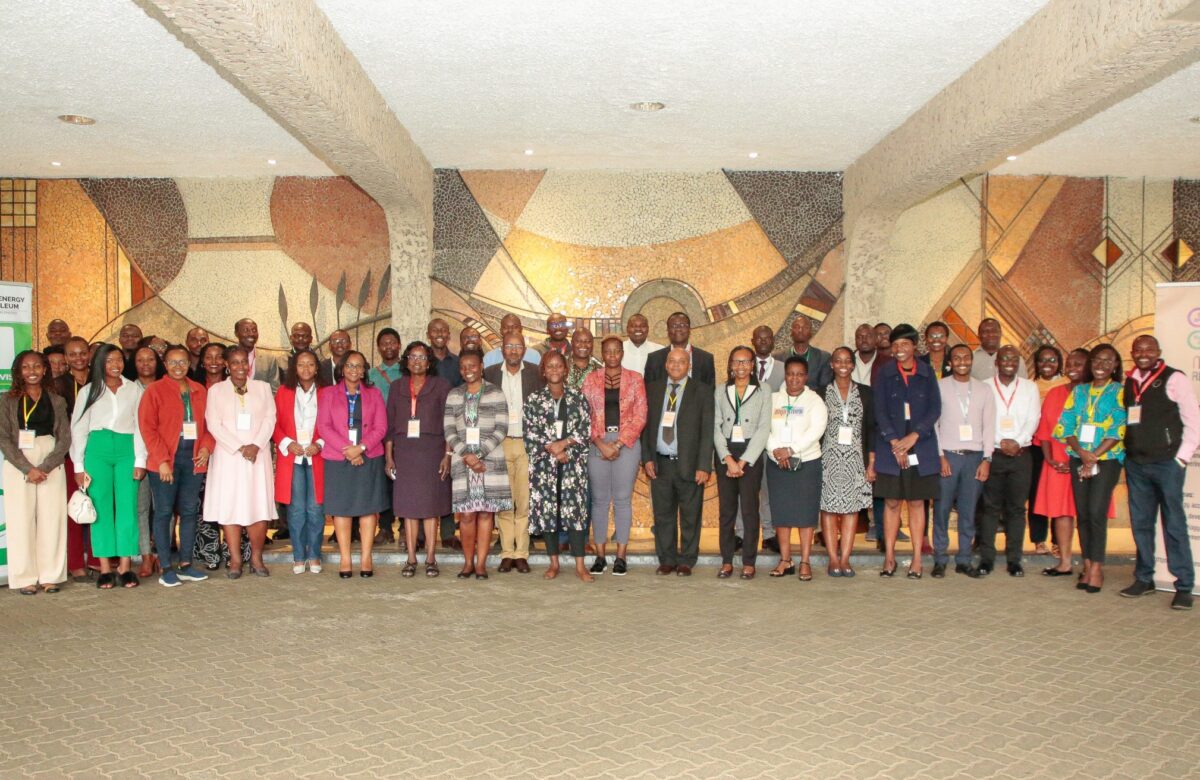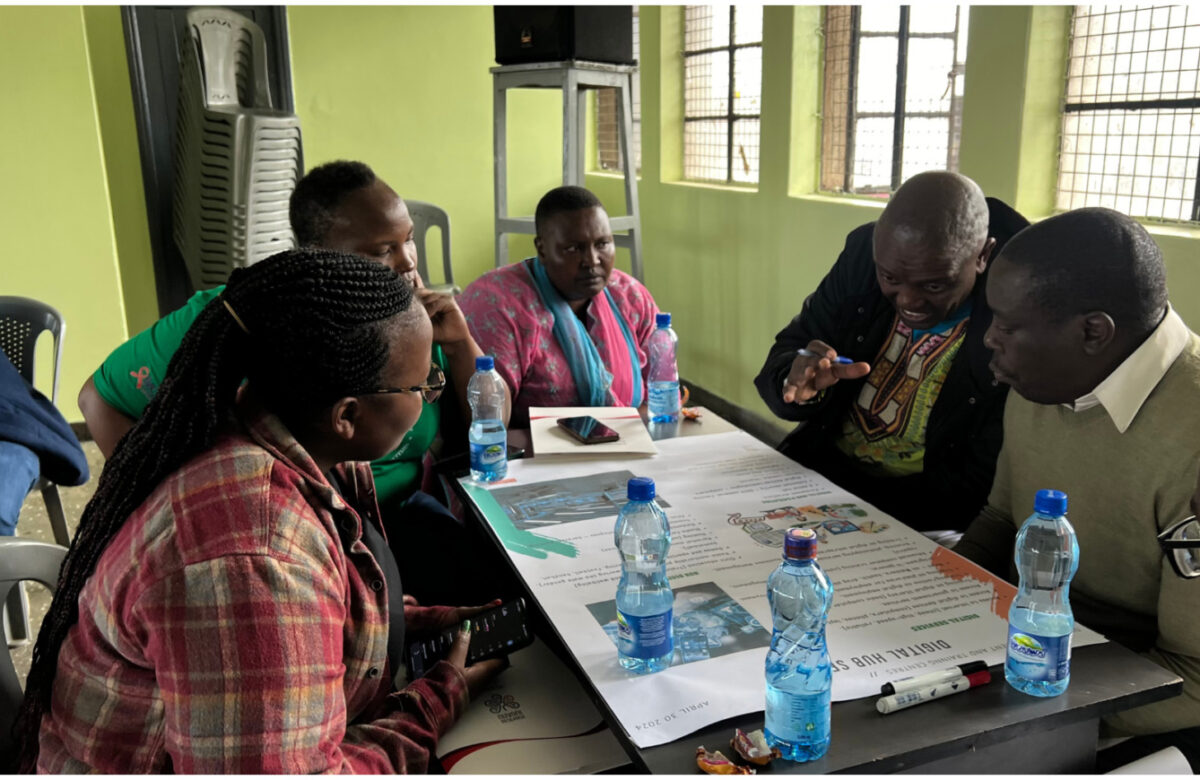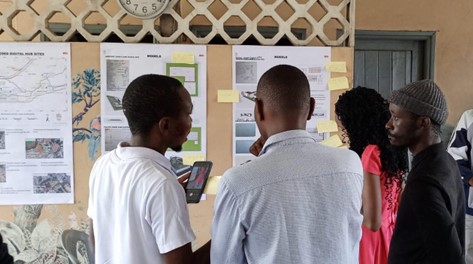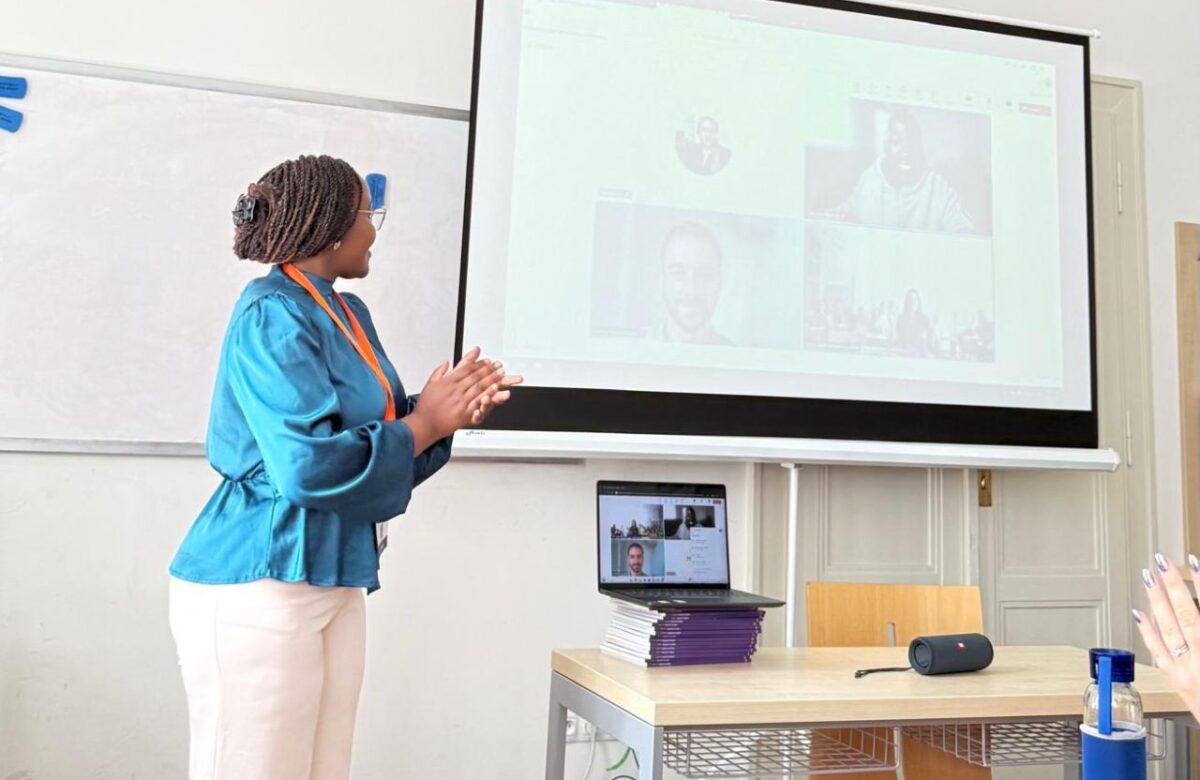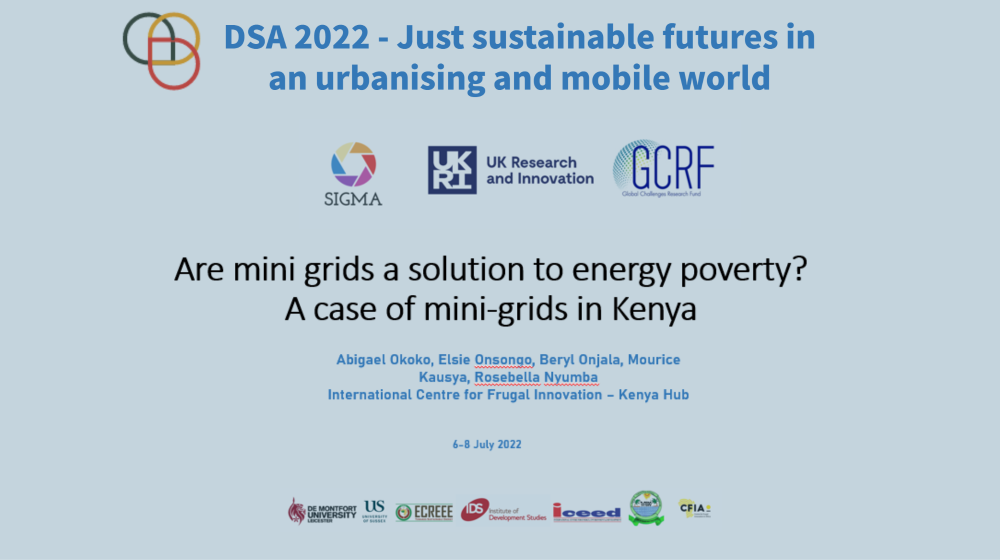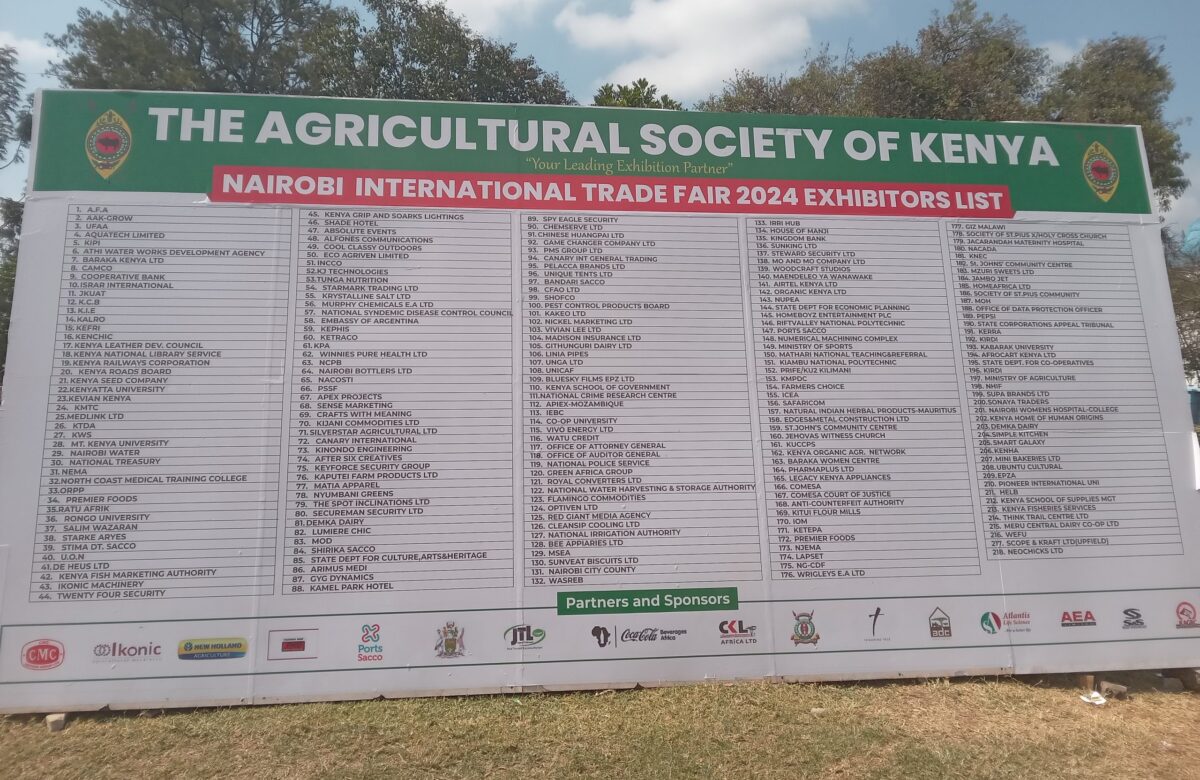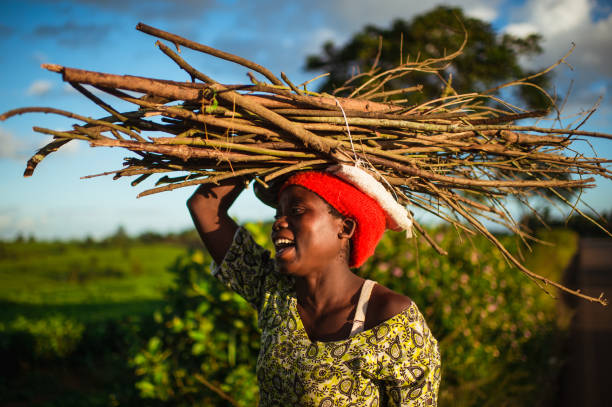
As COP 30 came to an end in Belem, Brazil, on 22nd November 2025, one of the critical questions people ask themselves is what’s next for the local community. This year’s COP, termed the “Implementation COP,” clearly indicates that the world is now cognizant that all ambitions must be matched with implementation.
The attention of both developed and developing nations has now shifted from climate ambitions to implementation and accountability, offering a promising solution, especially in the Global South, which is greatly affected.
While developing nations haven’t implemented most of the ambitious targets as had been outlined, efforts are being made to ensure they are achieved in line with the revised Nationally Determined Contributions (NDCs). However, we acknowledge the efforts of countries like Kenya. Currently, the nation’s energy mix is an example that can be emulated by countries with similar or greater potential.
Despite all the effort, there is a critical issue that is often overlooked: the exclusion of the local communities. As leaders go to COP for negotiations, this group has always been left behind. As witnessed in the COP-30 opening, a group of indigenous communities stormed in to fight for their rights, a gesture that truly reflects their feeling of being sidelined in this discourse.
This should serve as an eye-opener to all nations and leaders. By integrating community voices into the climate agenda, we not only foster peace and harmony but also enhance collaboration among stakeholders. Integrating both indigenous and scientific knowledge into negotiations for climate solutions will enable us to implement evidence-based, context-specific solutions.
At Nuvoni Center for Innovation Research, we are committed to ensuring inclusive and equitable representation, where all voices are meaningfully heard and integrated in climate action processes. We recognize that communities have the solution to their problems, especially those related to fighting climate change. They just need a platform to voice it.
Within this context, Nuvoni has conducted two major studies designed to promote inclusive participation and ensure that local stakeholder voices are represented in Kenya’s Energy transition agenda. This will transform the existing ambitions from a top-down focus to an inclusive focus with equal participation of community members

Energy Transition in Informal Settlement in Kenya
In this study, we delve into how access to affordable and clean energy systems remains a significant challenge for local communities, particularly in the context of slums. Limited access to clean energy often inhibits their ability to overcome poverty and develop resilience to unforeseen shocks and vulnerabilities.
The findings show that the needs of the locals are often unrecognized by governments (energy planners/decision makers). Thus, this study is timely, as it explores critical strategies that could guide future redevelopment initiatives focused on inclusive, reliable, and sustainable energy access for all Kenyans.
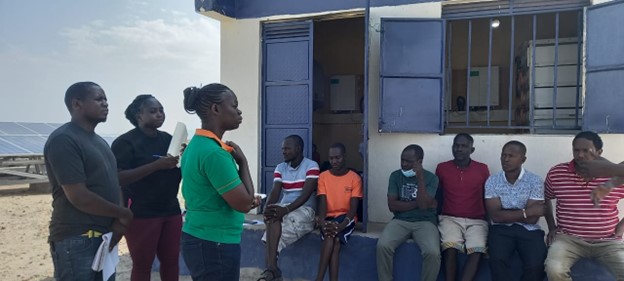
Community Participation in Mini-Grids Deployment
Recognising that mini-grid development requires a considerable amount of land, there is concern about how community engagement and participation should be conducted to ensure the sustainability of mini-grids. The mode of entry into a community used by a developer largely determines the success or failure of these projects.
Notable highlights include:
- Just as with other decentralised solutions, strong community representation is required when it comes to the operation and maintenance of the mini grids.
- Additionally, involvement should not just revolve around operation and maintenance, but also decision-making across the project's life cycle. This will promote the project’s co-ownership and its ultimate success. Listening only to community elites might alienate the wider community.
- Ultimately, honesty is key when engaging with the locals, primarily through CSR initiatives. This builds community trust, prevents conflicts, and ensures that the project delivers tangible social benefits.
In conclusion, to successfully address climate change and secure positive COP outcomes, there is a need for inclusive and participatory processes. Therefore, this is a call for policymakers to prioritize local perspectives in climate action. Integrating the voices of the most affected population will proactively build resilience and ensure that interventions deliver real-world benefits.
Related News
Physical Address
No. MK088, Ushindi West Avenue,
Mukuyu Rd (Mukuyu West Wing), Thome 1
Nairobi, Kenya
Organization
Subscribe for newsletter & get news, events and publications updates
Contact Us
Office Tel: (+254) 20 8009928 |
Mobile: (+254) 706 324 467
© 2026 Nuvoni Research

